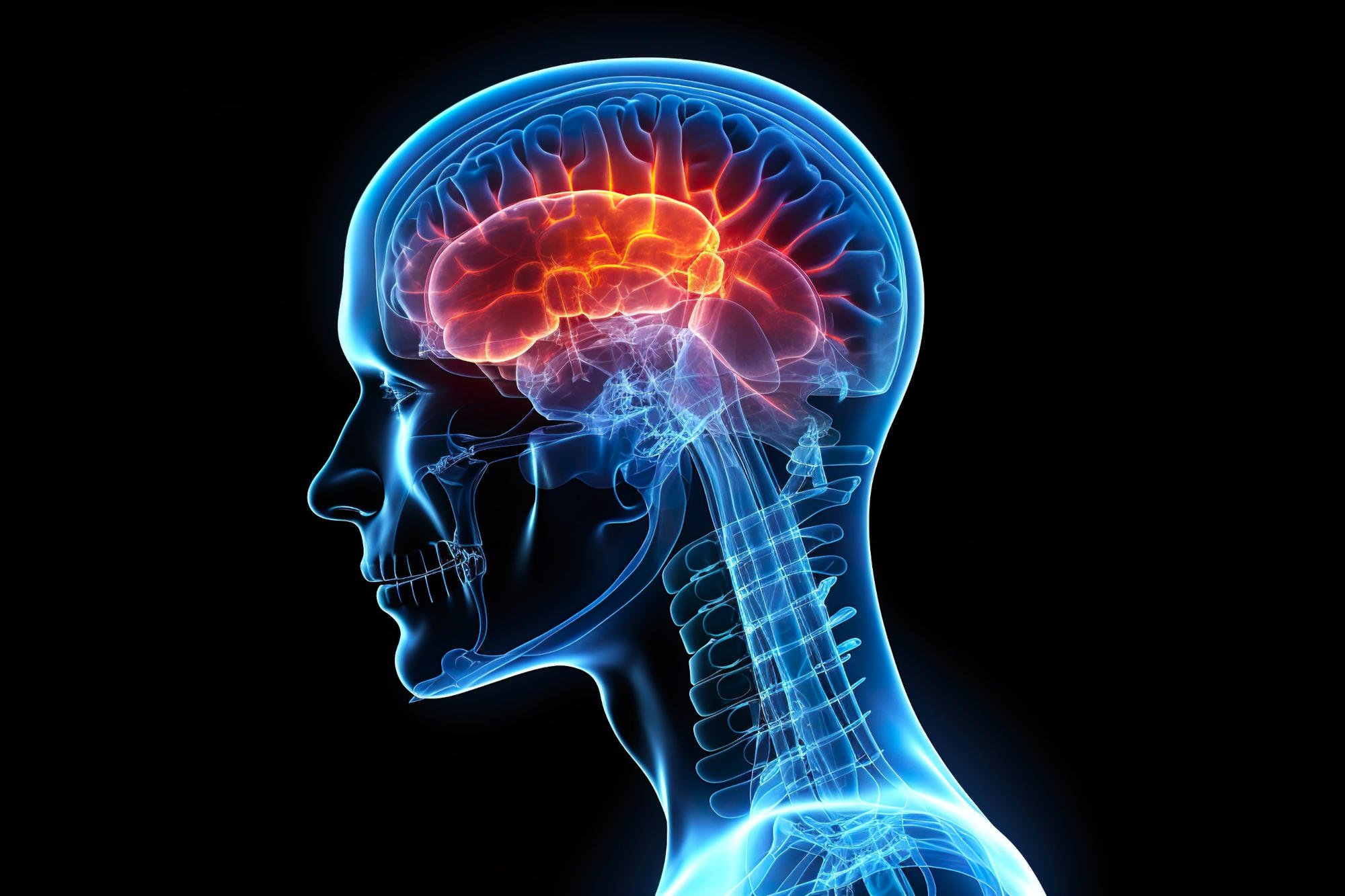
The highest levels of trauma centers have access to specialist medical and nursing care, including emergency medicine, trauma surgery, critical care, neurosurgery, orthopedic surgery, anesthesiology, and radiology, as well as a wide variety of highly specialized and sophisticated surgical and diagnostic equipment. Lower levels of trauma centers may be able to provide only initial care and stabilization of a traumatic injury and arrange for transfer of the patient to a higher level of trauma care.
he operation of a trauma center is often expensive and some areas may be underserved by trauma centers because of that expense. As there is no way to schedule the need for emergency services, patient traffic at trauma centers can vary widely.
A trauma center may have a helipad for receiving patients that have been airlifted to the hospital. In some cases, persons injured in remote areas and transported to a distant trauma center by helicopter can receive faster and better medical care than if they had been transported by ground ambulance to a closer hospital that does not have a designated trauma center.
